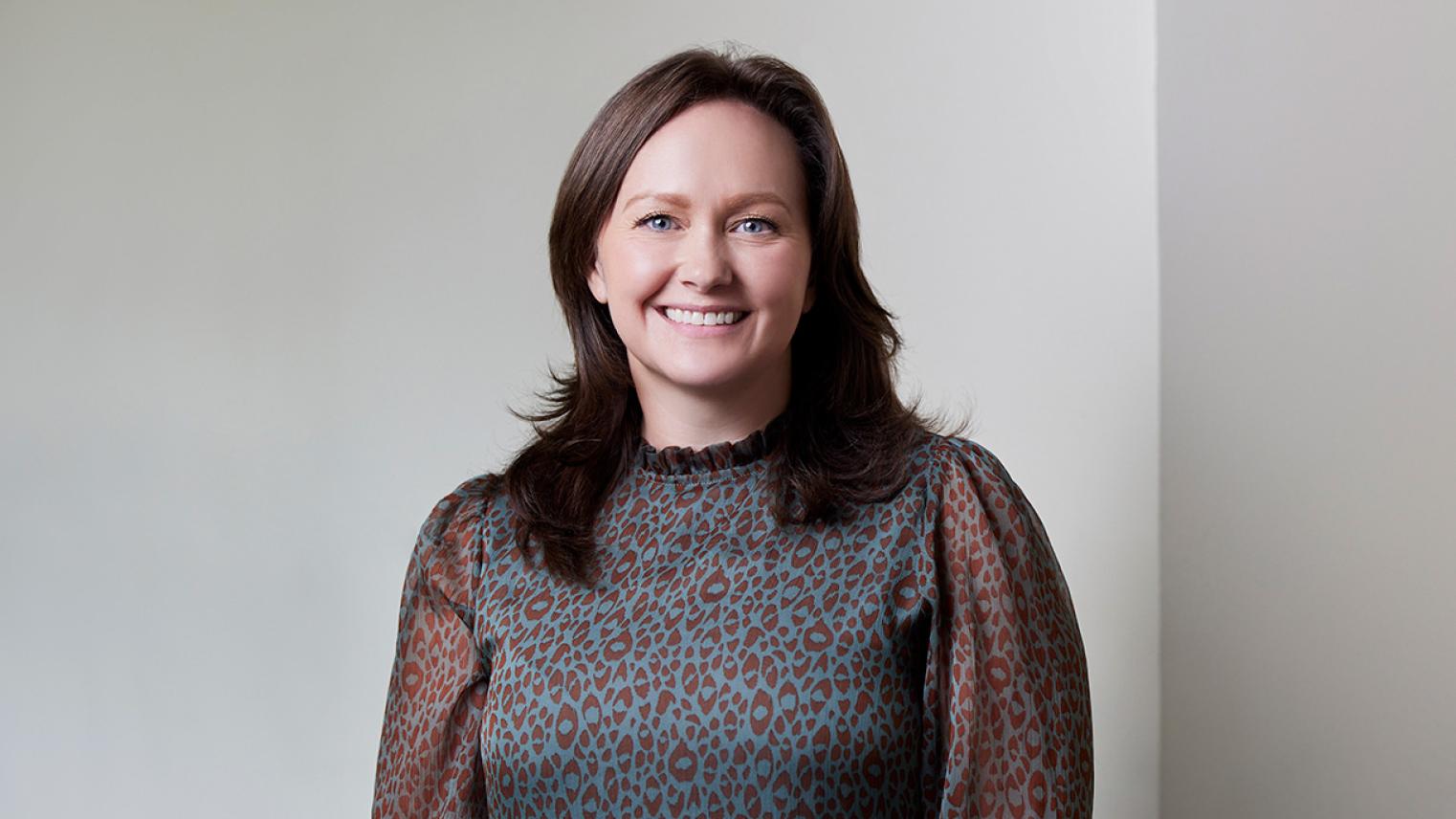International Women’s Day 2023: Professor Kathryn Henne

Professor Kathryn (Kate) Henne is the Director of the School of Regulation and Global Governance (RegNet), ANU College of Asia and the Pacific. An interdisciplinary trained scholar, Kate has a PhD in Criminology, Law and Society with a specialisation in Anthropologies of Medicine, Science and Technology.
Kate considers herself fortunate to have had exceptional professors during her studies who inspired her to pursue a career in academia. In this exclusive interview for International Women’s Day 2023, Professor Henne shares some of the invaluable experiences and lessons she has learned throughout her professional journey.
What inspired you to pursue a career in academia, and how did you get started?
When I was an undergraduate student, I had some amazing professors, including Professor Joyce A. Joyce, Professor Tony Lucero and Professor Keally McBride, who offered strong—though very different—examples of how one could pursue research that explored the effects and implications of intersecting forms of inequality and social difference. Professor Joyce mentored me during my honours work and taught me a lot about what pursuing an academic career can entail. A few stints waiting tables, working in university student affairs and dabbling in politics helped me realise academia was the path I wanted to pursue. I was lucky to do an interdisciplinary PhD with Professor Justin Richland, Professor Susan Coutin, Professor Elliott Currie, Professor Tom Boellstorff and Professor Sora Han as my supervisors. They supported me in pursuing my passion for research and teaching.
What are some of the most exciting research projects you’ve worked on, and what impact do you hope they will have on society?
I have been fortunate to work on many exciting research projects – each for different reasons! Despite specialising in ethnography, which tends to be mostly individual research, I think my most rewarding projects are the ones I have done collaboratively. Our Justice and Technoscience Lab in RegNet is particularly exciting because it supports an interdisciplinary group working on projects that aim to not only understand how unintended consequences of technological innovation materialise but also promote more equitable regulatory approaches and outcomes. It’s been amazing to see how current and former members of the Lab have had an impact on society through their research and engagement.
What are some of the most important lessons you’ve learned throughout your career, and how have they helped you to succeed as a woman in academia?
The most important one, at least for me, has probably been to prioritise nourishment – and that can be emotional, intellectual, nutritional and/or physical. There’s lots of job-oriented advice out there about what to do, when to do it and how to go about it at different stages of your career. I am sure it’s helpful, but maintaining supportive relationships that keep one grounded and fulfilled stand out to me as lessons we don’t talk about enough.
What advice do you have for young women who are interested in pursuing a career in academia?
To find like-minded colleagues and not compromise your values. It’s easy to find commentaries about how academia can be difficult or isolating, and they raise some good points. But, it also offers a career path where you can cultivate camaraderie and develop genuine friendships, both of which are incredibly important.